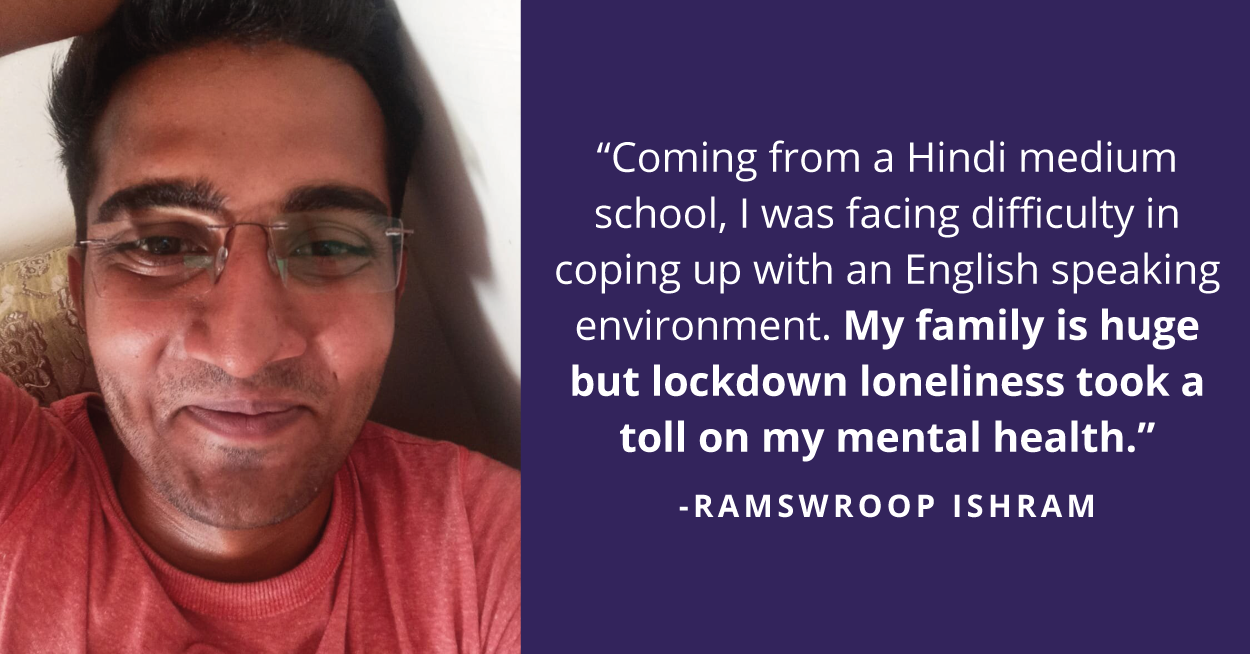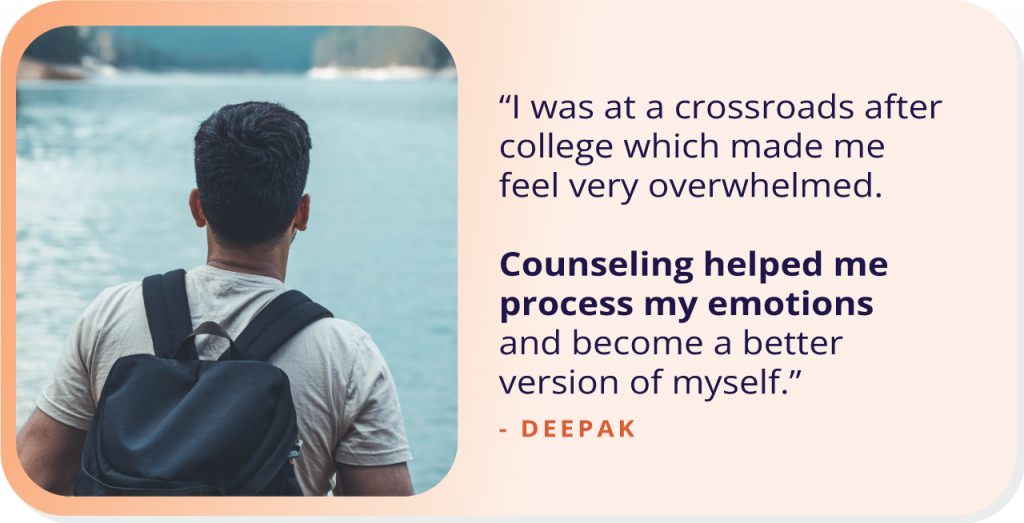How To Deal With Phobias
We all have fears and all of us are scared of some or the other thing. Fear becomes phobia when they start to interfere with our daily functioning to an extent that one needs to bring changes in their lifestyle. Phobias are basically continuous, irrational fear of a specific thing or situation which one wants to avoid even after the reassurance that they won’t be harmed by it. If one has a phobia they try their best to avoid the situation and even the thought of coming in contact with the object/situation of phobia makes them anxious and panic.

One thing that is very interesting about phobias are, that they can be very specific and therefore if you see the list is huge – from Antlophobia (Fear of floods) to Chorophobia-(fear of dancing) but phobias like this may not affect one’s life so much as the other kind of phobias like Agrophobia (fear of open space), Insectophobia (fear of insects) or even Phobophobia (the fear of developing a phobia) can affect and hinder daily functioning.
Some Very Common Phobias Which Affect Daily Functioning:
- Social phobia – fear of interacting with other people
- Agoraphobia – fear of open public spaces
- Claustrophobia – fear of confined spaces
- Insectophobia – fear of insects
- Aero phobia – fear of flying
- Zoo phobia – fear of animals
- Aqua phobia – fear of water
Social Phobia, Agoraphobia, Claustrophobia are much more panic and anxiety creating than any other specific phobias. Also these are much more disabling in nature, because three of them are more generalised are quite impossible to avoid, while other specific phobias are comparatively easy to manage .
Tips To Manage Your Phobia
Identify your phobia: Notice and think what is it that makes you feel scared or develops fear in you. For example – You might hate going to doctor but it might be possible that it is actually the needles or blood that scares you and not the doctor.
Learn about the phobia: This is the first and important step as it helps you to understand what exactly is happening to you psychologically and physiologically when you experience such situations.
Also remember phobias are common, having a phobia does not mean you are mad, crazy or weak.
Facts About Phobias
When people become anxious and face panic attacks during phobia, their mind withdraws from the reality. It becomes impossible for them to realise that their fear is unrealistic and they are not in danger. For e.g. a person who has elevator phobia will avoid using them because of their fear that elevator might crash or its cable might break down without realising that it is very less likely to happen and they might walk up to 20 floors in order to avoid elevators.
In such cases gathering knowledge and learning about facts can prove to be helpful. For e.g. in above cases reading about the statistics and talking to people might help in gaining confidence.
Learn a relaxation technique: Yoga, calm breathing or muscle relaxation. Anything which you feel suits you best, learn that technique and practice it when you feel anxious.
Face it: Facing your fear is a gradual process, don’t be in a hurry and it requires a lot of courage, focus and determination. All the steps cannot be achieved in a day, therefore take your own time, get familiar and comfortable with each step and then move on to the next one.
You may take a week or more, sometimes even a month to get comfortable with one step and this is fine. Just be patient and give yourself time.
Also after each step use your relaxation technique to calm your mind and body.
Here is list of things one can do to deal with phobia of elevators:
- Firstly, calm yourself down and sit in a relaxed position
- Draw a picture of elevator
- Read about elevators
- See pictures of elevators
- Watch videos of elevators
- Look at the elevator from far
- Go near an elevator
- Imagine yourself on an elevator with your friend/family member
- Touch the elevator
- Use the elevator with someone you trust
- Imagine yourself going on the elevator alone
- Use the elevator alone
- Reward yourself
Keep Track And Reward Progress
If you feel you are improving and are able to manage the anxiety, even to some extent or able to follow a step or two comfortably, then give credit to yourself or treat yourself. Managing anxiety and panic takes a lot of effort and courage and you deserve to treat yourself.
Remember to tell yourself that phobias can be dealt with. And don’t be discouraged, give yourself time and even if you see your old behaviour slipping in, don’t be disheartened, all you need to do is start the process.







